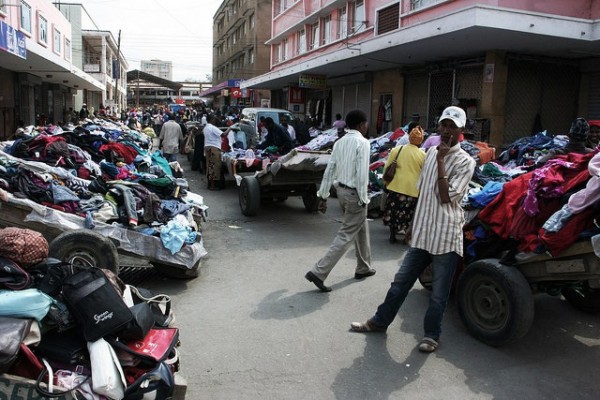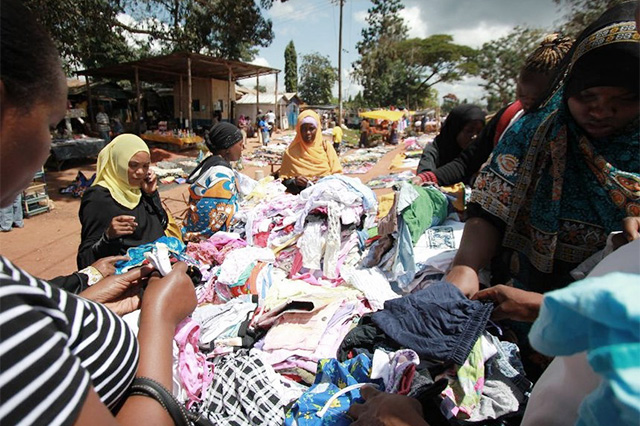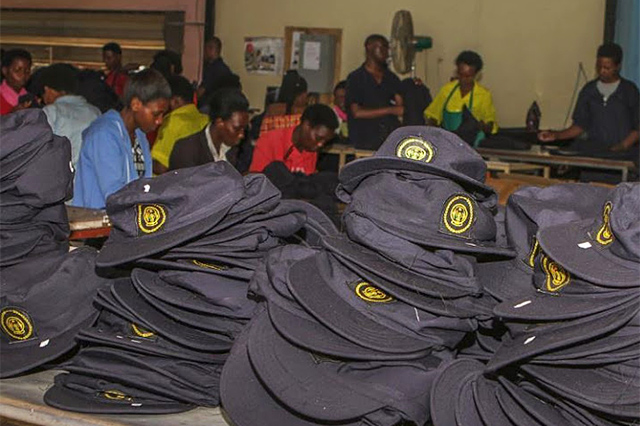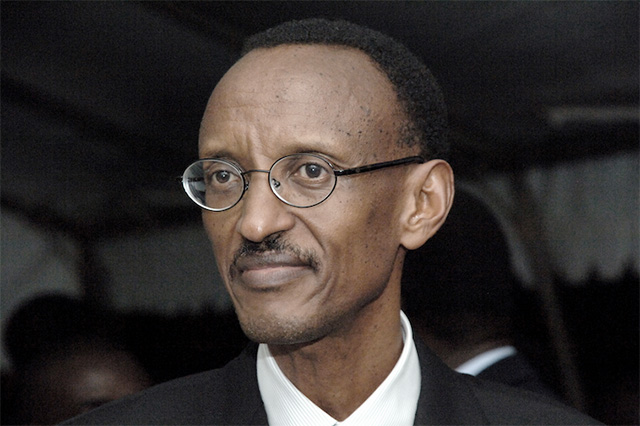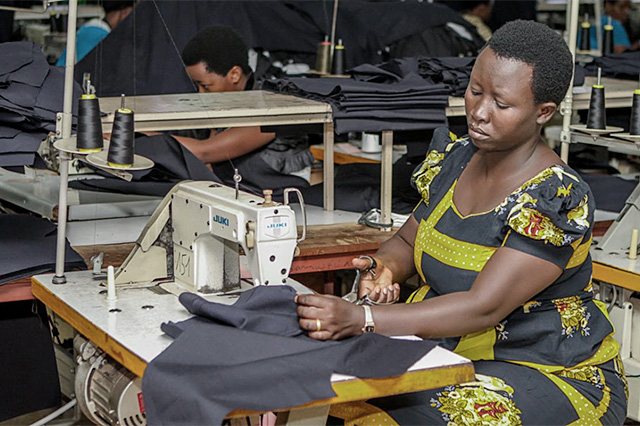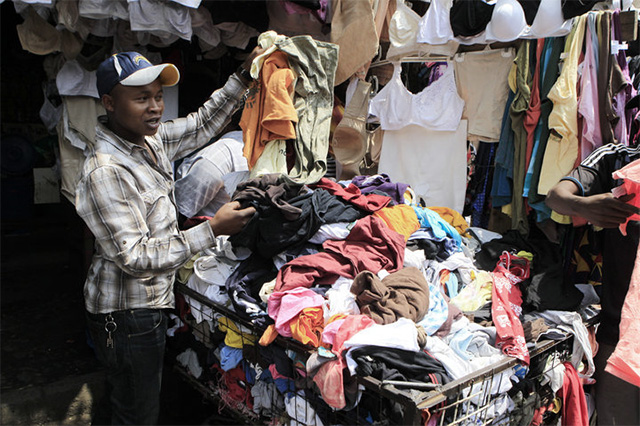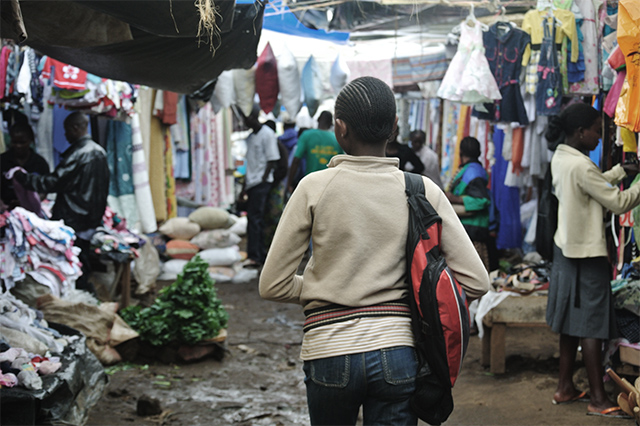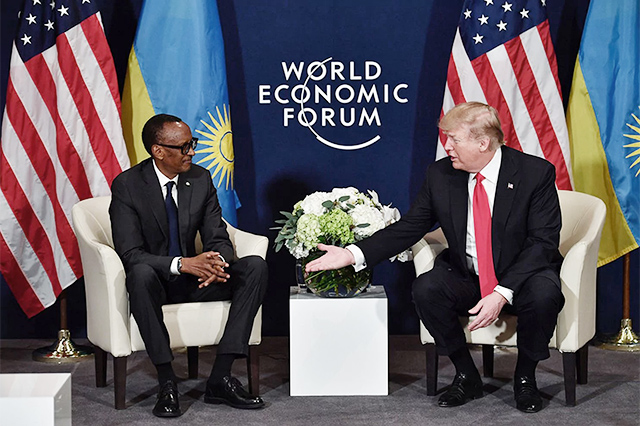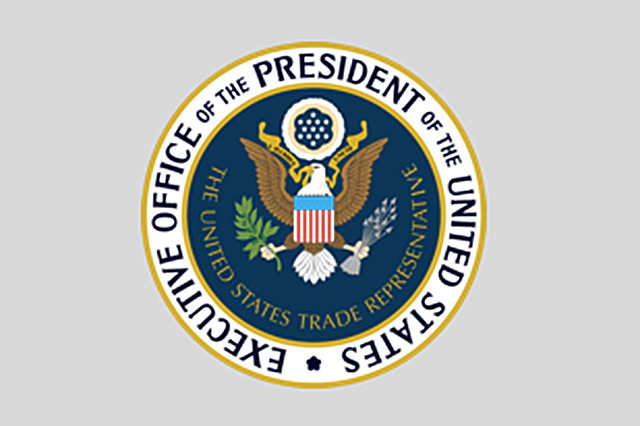SMART announces 'successful trade outcome with the East African Community'
Representatives of the Secondary Materials and Recycled Textiles Association (SMART) were notified today by the Office of the United States Trade Representative (USTR) that a proposed ban on secondhand clothing imports from the U.S. by members of the East African Community (EAC) will not be implemented by four out of the five countries who originally proposed the ban.
Kenya announced their decision to back off from the ban in 2017, and Tanzania, Uganda and Burundi have now officially announced their decision to roll back the ban.
SMART, a trade association, acts on behalf of its numerous small and medium-sized member companies who use, convert and recycle pre-and post-consumer textiles, including used clothing.
In March 2017, SMART filed a petition and delivered testimony during a related hearing asking the U.S. government to conduct an out-of-cycle review of the African Growth and Opportunity Act (AGOA) beneficiary status of Kenya, Tanzania, Rwanda and Uganda and request the suspension of duty-free status for all currently eligible apparel imports from these countries. SMART filed the petition in light of a March 2016 announcement that those countries would begin phasing in a ban on imports of secondhand clothing and subsequent related import duty increases on these goods. Armed with the information from SMART, U.S. government officials worked hard behind-the-scenes to convince the EAC countries to back off from the ban, paving the way for the secondhand textiles industry worldwide.
The proposed ban sparked international controversy regarding the textile industry’s role in Africa, as no ban or increased duties were slated to occur on imports from China, the region’s largest source of clothing imports. Whereas EAC heads of state were initially concerned U.S. secondhand textiles would disrupt their countries’ own textile industries, SMART representatives argued new and secondhand apparel industries coexist independently in numerous developed and developing countries, including the United States’ own thrift store and new retail establishments.
The decision by Kenya, Tanzania, Uganda and Burundi not to implement the imports ban is a victory for both the EAC countries and the secondhand textiles industry. For the people of the EAC, many rely on secondhand clothing and shoes imports as their only affordable access to quality apparel. For the secondhand textiles industry, it means international imports to the EAC will continue, with more than 190,000 jobs within the United States alone being preserved, as the total exports to the EAC represents roughly 22 percent of the U.S. industry’s total exports. These EAC members have announced they will focus on other measures to develop their textile and apparel industry.
The U.S. government announced today the intent to suspend duty-free treatment for all AGOA-eligible apparel products from Rwanda in 60 days. SMART representatives agree with President Trump’s decision to suspend these benefits, instead of termination of Rwanda’s status as an AGOA beneficiary, agreeing this would allow for continued engagement with the aim of restoring market access and thereby bringing Rwanda into compliance with the AGOA eligibility requirements.
“It is our hope that Rwanda will reconsider their position on banning secondhand clothing imports as it will impose unnecessary economic harm to its people,” says SMART Executive Director, Jackie King. “We would also like to express our appreciation to the Office of the U.S. Trade Representative and other U.S. officials who worked diligently to ensure the best possible outcome for our industry and the members of the EAC. We are truly grateful to learn our trade relationship with Kenya, Tanzania, Uganda and Burundi will be maintained, which could not have been successful without the U.S. government’s support.”


